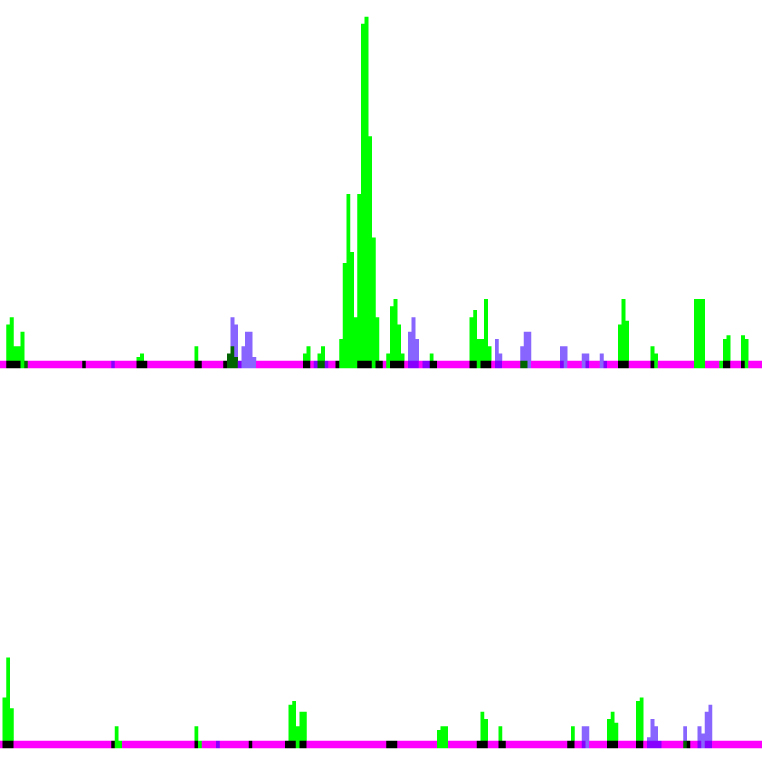Enhancing intercellular communication in the immune system
Buxadé, M., Huerga Encabo, H., Riera-Borrull, M., Quintana-Gallardo, L., López-Cotarelo, P., Tellechea, M., Martínez-Martínez, S., Redondo, J.M., Martín-Caballero, J., Flores, J.M., Bosch, E., Rodríguez-Fernández, J.L., Aramburu, J. and López-Rodríguez, C. (2018) Macrophage-specific MHCII expression is regulated by a remote Ciita enhancer controlled by NFAT5. J. Exp. Med. 215:2901-2918.
Abstract
MHCII in antigen-presenting cells (APCs) is a key regulator of adaptive immune responses. Expression of MHCII genes is controlled by the transcription coactivator CIITA, itself regulated through cell type-specific promoters. Here we show that the transcription factor NFAT5 is needed for expression of Ciita and MHCII in macrophages, but not in dendritic cells and other APCs. NFAT5-deficient macrophages showed defective activation of MHCII-dependent responses in CD4+ T lymphocytes and attenuated capacity to elicit graft rejection in vivo. Ultrasequencing analysis of NFAT5-immunoprecipitated chromatin uncovered an NFAT5-regulated region distally upstream of Ciita This region was required for CIITA and hence MHCII expression, exhibited NFAT5-dependent characteristics of active enhancers such as H3K27 acetylation marks, and required NFAT5 to interact with Ciita myeloid promoter I. Our results uncover an NFAT5-regulated mechanism that maintains CIITA and MHCII expression in macrophages and thus modulates their T lymphocyte priming capacity.

